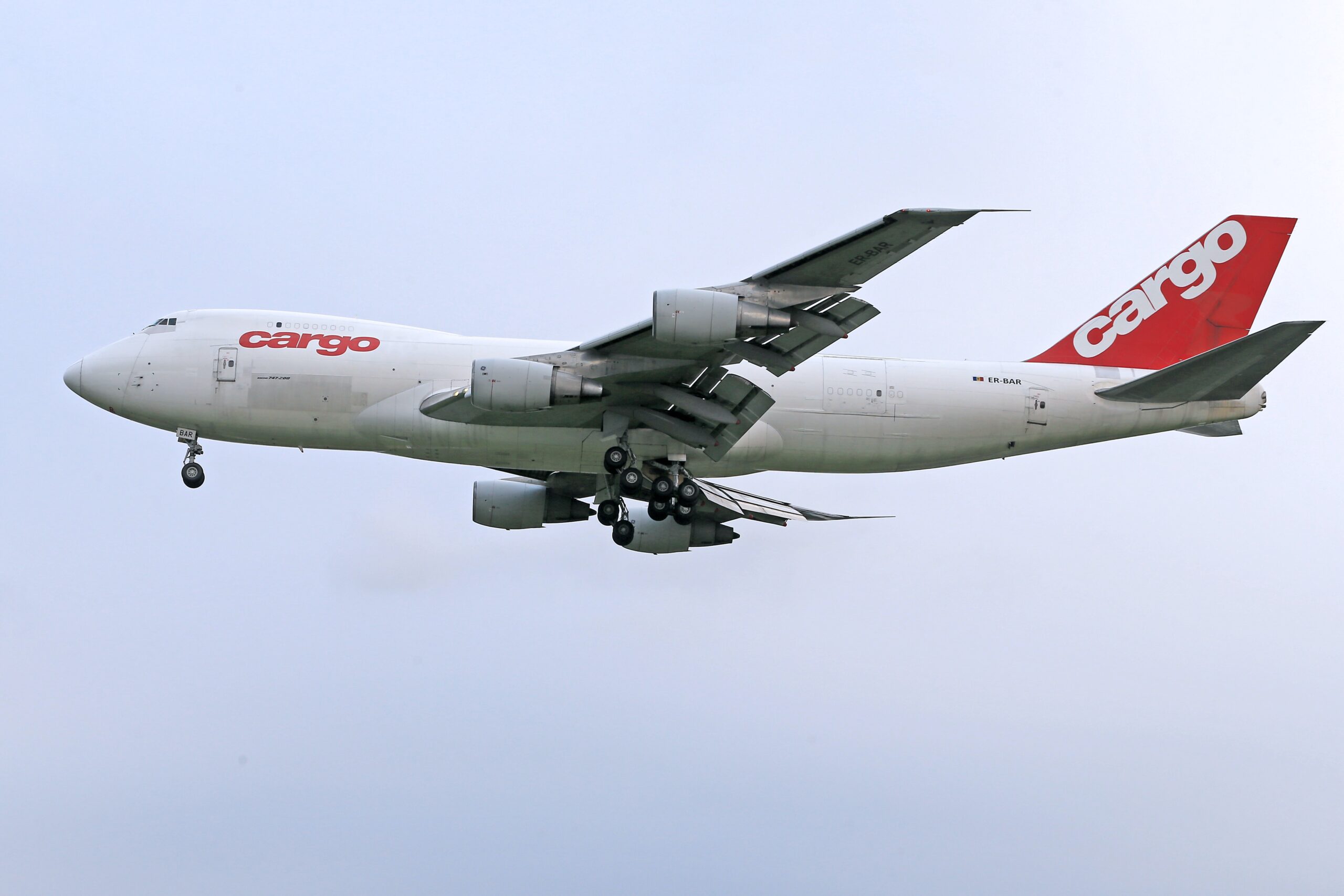
Cargo airlines play a crucial role in global trade, moving goods quickly and efficiently across continents. Ever wondered how your online orders from halfway around the world arrive at your doorstep in just a few days? Cargo airlines make it possible. These specialized carriers handle everything from electronics to fresh produce, ensuring timely delivery. They operate massive fleets of aircraft designed to maximize cargo space and efficiency. Unlike passenger airlines, their primary focus is on freight, making them indispensable for businesses and consumers alike. Ready to learn more? Here are 20 fascinating facts about cargo airlines that will give you a deeper understanding of their importance and operations.
Key Takeaways:
- Cargo airlines have a rich history, from the first flight in 1910 to the game-changing Boeing 747. They play a vital role in global trade and logistics, ensuring goods reach their destinations efficiently.
- The cargo airline industry is dynamic, with major players like UPS and DHL shaping global logistics. They have a significant economic impact, supporting millions of jobs and facilitating international trade.
The Evolution of Cargo Airlines
Cargo airlines have played a crucial role in global trade and logistics. They ensure goods reach their destinations quickly and efficiently. Here are some fascinating facts about these vital carriers.
-
The first cargo flight took place in 1910. A Wright Model B aircraft transported silk from Dayton to Columbus, Ohio.
-
During World War II, cargo airlines became essential for transporting military supplies and equipment.
-
FedEx, founded in 1971, revolutionized the cargo industry with its overnight delivery service.
-
The Boeing 747, introduced in 1970, became a game-changer for cargo airlines due to its large capacity.
The Mechanics of Cargo Airlines
Understanding how cargo airlines operate can be quite intriguing. From the types of planes used to the logistics involved, there's a lot that goes on behind the scenes.
-
Cargo planes often have reinforced floors to handle heavy loads.
-
Some cargo planes, like the Airbus Beluga, are specially designed to carry oversized items.
-
The cargo hold of a plane is pressurized and temperature-controlled to protect sensitive goods.
-
Cargo airlines use sophisticated tracking systems to monitor shipments in real-time.
Major Players in the Cargo Airline Industry
Several companies dominate the cargo airline industry, each contributing uniquely to global logistics.
-
UPS Airlines, established in 1988, operates one of the largest cargo fleets in the world.
-
DHL Aviation, part of Deutsche Post DHL Group, serves over 220 countries and territories.
-
Cathay Pacific Cargo, based in Hong Kong, is known for its extensive network in Asia.
-
Emirates SkyCargo, the freight division of Emirates, operates one of the youngest and most efficient fleets.
The Economic Impact of Cargo Airlines
Cargo airlines significantly impact the global economy by facilitating international trade and commerce.
-
Air cargo represents about 35% of global trade by value, despite being less than 1% by volume.
-
The cargo airline industry generates billions in revenue annually, supporting millions of jobs worldwide.
-
E-commerce growth has led to increased demand for air cargo services, especially for fast delivery.
-
Cargo airlines play a critical role in supply chain management, ensuring timely delivery of goods.
Environmental and Technological Advances
The cargo airline industry is continually evolving, with advancements in technology and efforts to reduce environmental impact.
-
Modern cargo planes are more fuel-efficient, reducing carbon emissions.
-
Some cargo airlines are exploring the use of biofuels to further decrease their environmental footprint.
-
Automation and AI are being integrated into cargo operations to improve efficiency and accuracy.
-
Drones are being tested for last-mile delivery, potentially revolutionizing the cargo industry.
The Final Word on Cargo Airlines
Cargo airlines play a crucial role in global trade. They transport goods quickly and efficiently across the world. From perishable items like fresh produce to high-value electronics, these airlines handle it all. They operate specialized aircraft designed to maximize cargo space and ensure safe delivery. Major players like FedEx, UPS, and DHL dominate the industry, but smaller regional carriers also contribute significantly. Innovations in technology and logistics continue to improve their operations, making them more reliable and faster. Understanding the importance of cargo airlines helps appreciate the complexity behind the products we use daily. Next time you receive a package, remember the intricate network of cargo airlines that made it possible. Their impact on the economy and our daily lives is immense, often working behind the scenes to keep the world connected.
Frequently Asked Questions
Was this page helpful?
Our commitment to delivering trustworthy and engaging content is at the heart of what we do. Each fact on our site is contributed by real users like you, bringing a wealth of diverse insights and information. To ensure the highest standards of accuracy and reliability, our dedicated editors meticulously review each submission. This process guarantees that the facts we share are not only fascinating but also credible. Trust in our commitment to quality and authenticity as you explore and learn with us.


